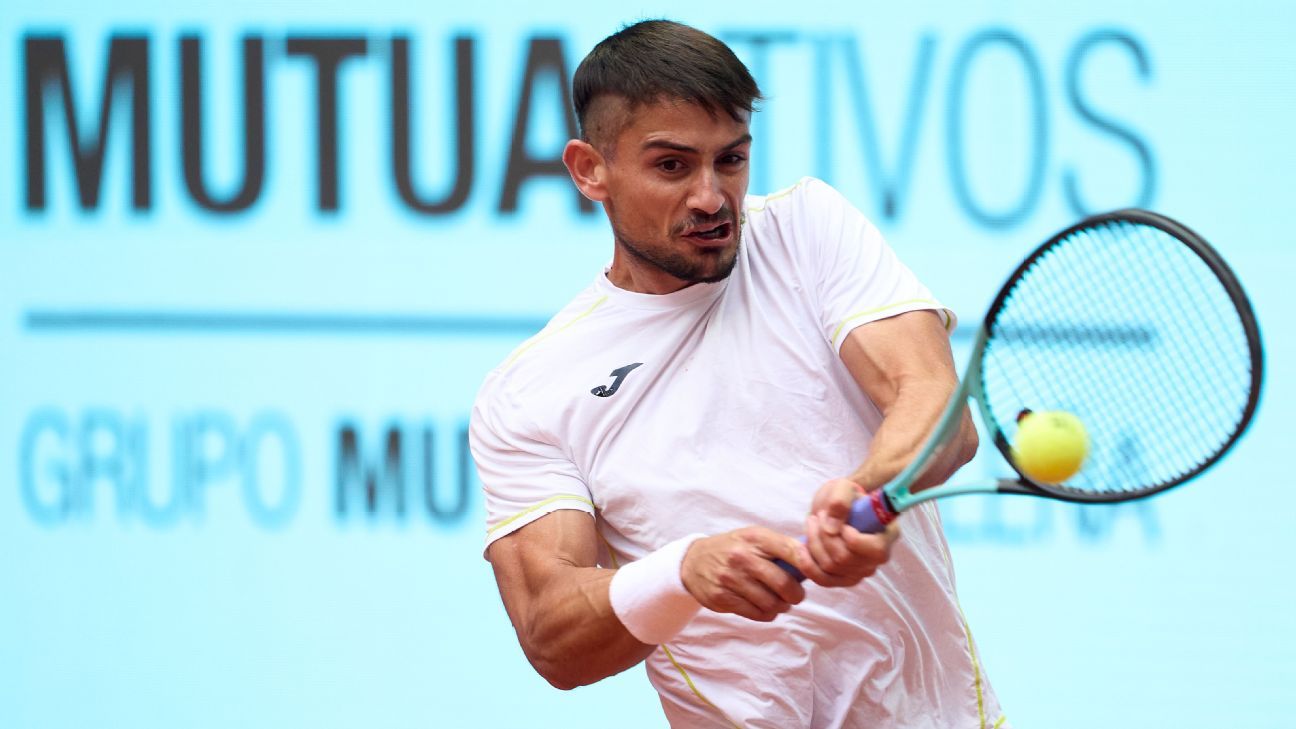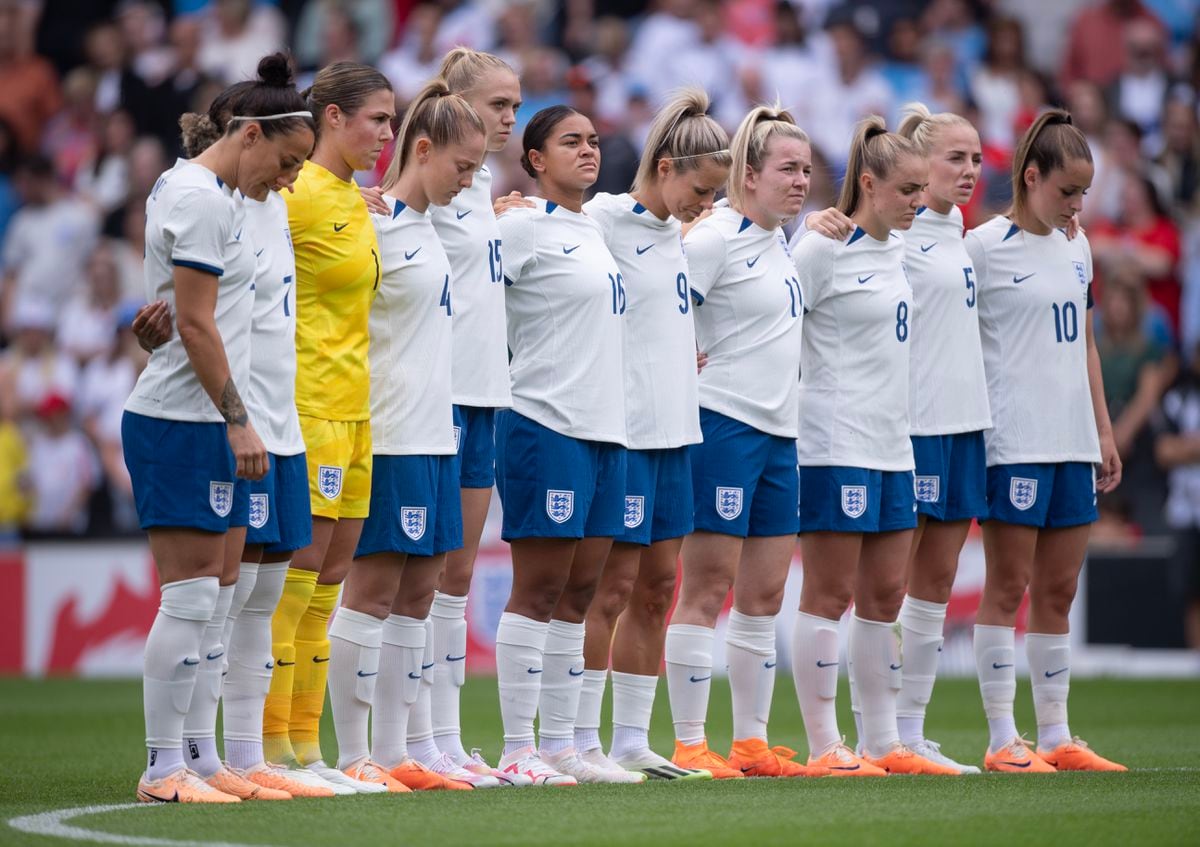In the first match of the Women’s World Cup starting on July 20, the New Zealand national team will make their debut against Norway, wearing teal shorts. It is a variation on the male uniform, which has white pants. This seemingly insignificant change actually marks a victory for players in a debate that has long been lively in all women’s sports: changing the color of…
Subscribe to continue reading
Read without limits
In the first match of the Women’s World Cup starting on July 20, the New Zealand national team will make their debut against Norway, wearing teal shorts. It is a variation on the male uniform, which has white pants. This seemingly insignificant change actually represents a victory for the players in a debate that has long been alive in all women’s sports: changing the color of the pants to avoid feeling uncomfortable when playing with the ruler. And this revolution extends beyond the borders of New Zealand. On the third day of the World Cup, England’s players will take to the field in blue shorts because this year they also asked to get rid of white for exactly the same reason.
Professional soccer players are already used to fighting battles to honor their work. This new front of white and menstruating shorts came to light a few months ago when players from various clubs and national teams around the world started asking for this change to their uniforms. Manchester City was the first major club to listen to its players and seek an agreement with its sports sponsor Puma to change the white color of a red club from the 2023-2024 season. In the following months, clubs such as West Bromwich Albion and Stoke City (both from the English Third Division) or Orlando Pride (American First Division) made the same change. One of the highlights of the struggle for a change of clothes was England striker Beth Mead.
Amanda Gutierrez, president of Futpro, a Spanish organization campaigning for the rights of female footballers, notes over the phone that the controversy over white shorts has not yet reached Spanish clubs, but that their federation sees what is happening in other countries as the first step to start talking about it here. “Now the problem has reached the level of the national team, and we think this will be very positive,” he explains, adding that the historical problem with women’s uniforms is that they have always been quite the same as men’s uniforms and never have been. He had no regard for menstruation.
The controversy, of course, is not unique to football. It also happened in rugby – the Irish team asked to ditch the white shorts – or in tennis – player Rebecca Marino said all tennis players’ worst nightmare was a stint at Wimbledon, although the tournament finally made its ruling a looser dress code this year And dark shorts are allowed as long as they are no longer pants or skirts. “It is necessary to keep in mind that women can have their period when they compete and that it is necessary to wear pants that do not make the experience unpleasant,” says Gutierrez.
A study conducted by Puma in 2022 revealed that one in two adolescents stops exercising for reasons related to menstruation. For many young women, according to research, exercising while having their period is embarrassing. Silvia Flor, director of the menstruating sportswear company Modibodi, which has recently started collaborating with Puma in Spain and Portugal, explains that sports companies have a responsibility to contribute to ending the period ban: “An athlete must focus on competition and not on the base. It is important that we know this for girls.”

“Analyst. Web buff. Wannabe beer trailblazer. Certified music expert. Zombie lover. Explorer. Pop culture fanatic.”



:quality(85)/cloudfront-us-east-1.images.arcpublishing.com/infobae/MKYXZKOXMFALPMPONCZCOUAWEE.jpg)



More Stories
The luxury team that the Cagliari Challenger will feature includes four of the top 50 teams and several from Latin America
Melgar vs Alianza Lima: April 28 result, goals, summary and next fixture
Francisco Cerendolo scored a success and broke a personal record at the Madrid Open